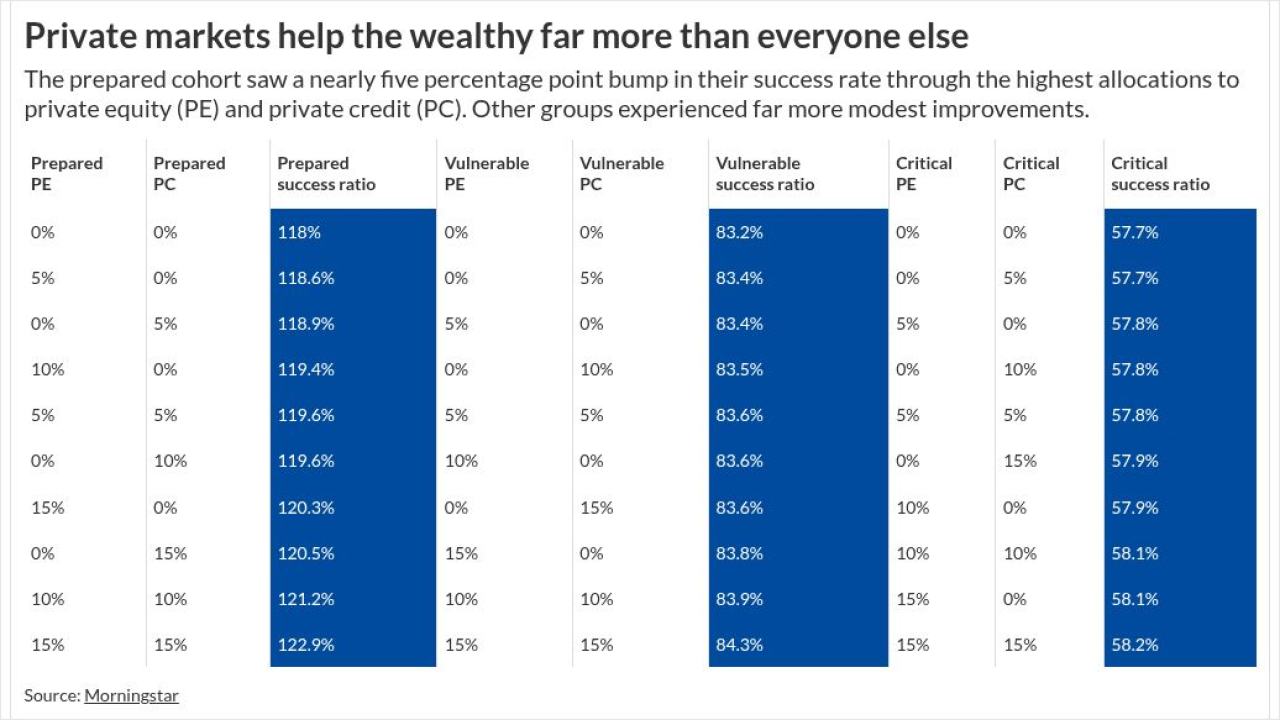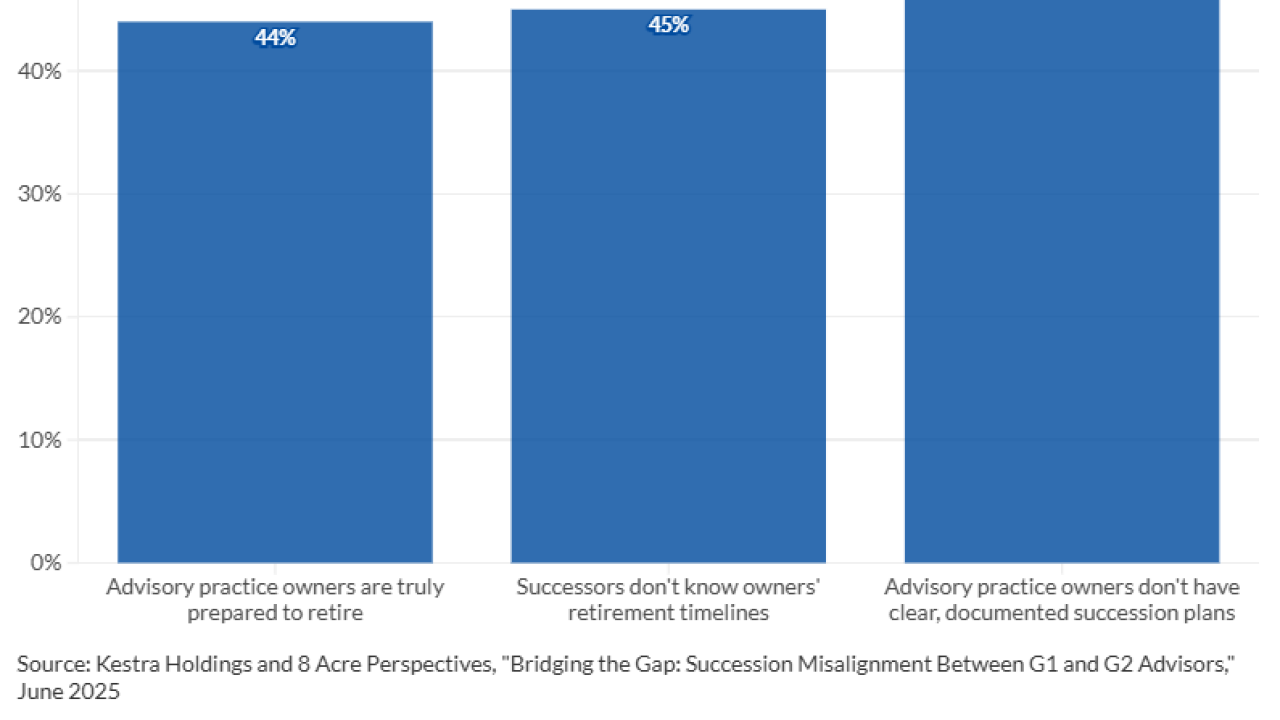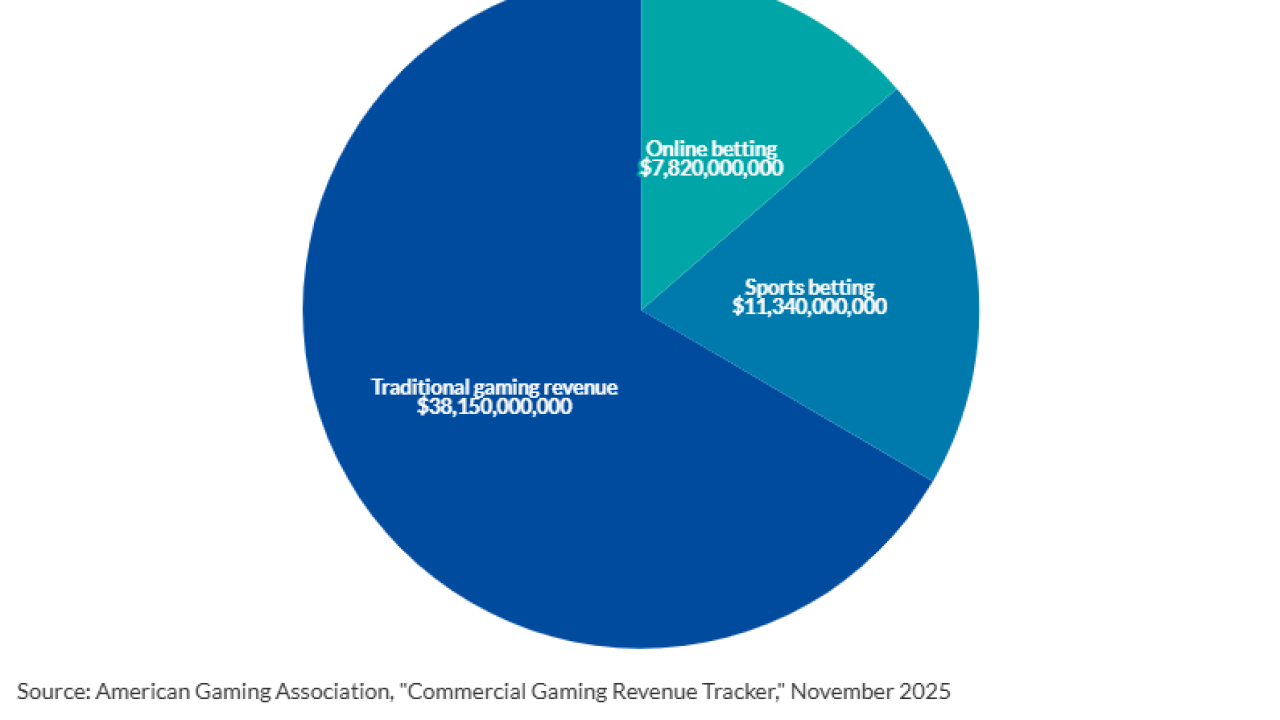Parents should have a smart plan on how to help their adult children returning to their home without putting their retirement and their children's future at risk, according to this article on Barron's. For example, parents should sock away money in a 529 plan to fund their children's college expenses. They should direct extra funds to a taxable account where capital gains taxes are lower and avoid tapping their retirement savings in 401(k) and IRAs to avoid a hefty tax bill on the distributions. They should also engage their adult children in a productive conversation to address their financial situation. “When money and emotions mix, parents don’t make decisions in their best interest,” says a financial advisor.

Couples with a huge age gap are advised to align their Social Security claiming strategies to maximize their retirement benefits, according to this article on Motley Fool. Older spouses may also want to defer signing up for Medicare to avoid the costly Part-B coverage if their younger spouse has access to a group health plan. Older spouses should also ask their employer if a phased retirement is possible so they will continue to be active and avoid boredom while their spouse remains in the workforce.
Data from Fidelity show that more millennials than ever are socking away money in a Roth IRA, according to this article on CNBC. An expert with Fidelity says 41% of new Roth accounts in 2018 were opened by younger investors, with 74% of their contributions directed to Roth IRAs. "The benefits of the Roth are that you can tap into the contributions you've made tax-free and penalty-free. People are finally really understanding that."
Retirees who want to know how much risk they should take should not allocate their savings between risky investments and fixed income investments without considering other retirement income sources, writes a Forbes contributor. "A better way to make the asset allocation decision is to consider your total retirement income portfolio," writes the expert. "To make smart choices, determine the percentage of your total retirement income that you’re comfortable subjecting to investment risk."





